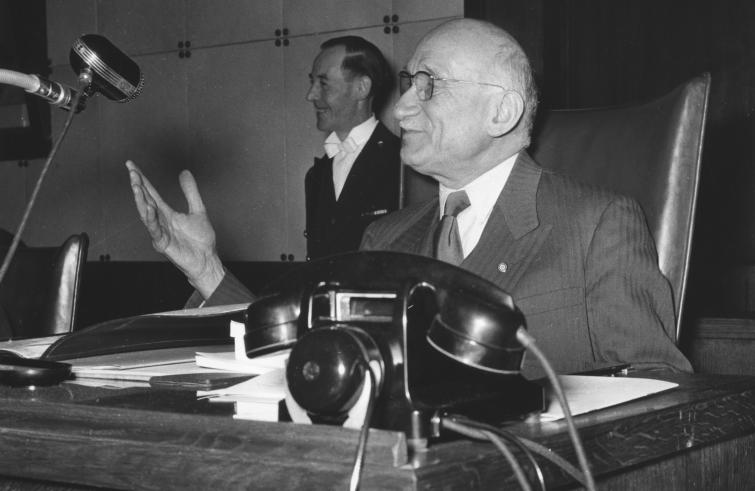
Robert Schuman, French statesman, “father of Europe”, first President of the European Parliament has been declared “venerable” by Pope Francis. What is the import of this event? SIR turned the question to Edoardo Zin (in the photo), a leading Italian expert on Schuman and a member of the Institut Saint Benoit that has been promoting sainthood for Schuman for several decades.
 “The decree signed by Pope Francis recognises the ‘heroic virtues’ of Robert Schuman lived out according to the Gospel which means that he now has the title of ‘Venerable’, the first step towards beatification and, God willing, canonisation.” Zin added: “there is a singular circumstance in the request for Schuman’s beatification. Normally the postulators – i.e. the party who presents a plea for beatification or canonization – are either local churches or religious congregations. In Schuman’s case, the postulators are individuals of many different countries who had met Schuman during his lifetime, his direct collaborators or friends, or his admirers, not all of whom are Catholic. The postulators gathered to form a legally recognised Institute and presented their plea for beatification to the Bishop of Metz, where Schuman had spent most of his life. Bishop Raffin accepted the petition and the diocesan phase of the canonical process, opened in 1990, was concluded in 2004. All the testimonies submitted and transcribed were sent to the Congregation for the Causes of Saints, which, after having analysed them and heard the opinion of the theologians, issued the decree signed by Pope Francis last Saturday.”
“The decree signed by Pope Francis recognises the ‘heroic virtues’ of Robert Schuman lived out according to the Gospel which means that he now has the title of ‘Venerable’, the first step towards beatification and, God willing, canonisation.” Zin added: “there is a singular circumstance in the request for Schuman’s beatification. Normally the postulators – i.e. the party who presents a plea for beatification or canonization – are either local churches or religious congregations. In Schuman’s case, the postulators are individuals of many different countries who had met Schuman during his lifetime, his direct collaborators or friends, or his admirers, not all of whom are Catholic. The postulators gathered to form a legally recognised Institute and presented their plea for beatification to the Bishop of Metz, where Schuman had spent most of his life. Bishop Raffin accepted the petition and the diocesan phase of the canonical process, opened in 1990, was concluded in 2004. All the testimonies submitted and transcribed were sent to the Congregation for the Causes of Saints, which, after having analysed them and heard the opinion of the theologians, issued the decree signed by Pope Francis last Saturday.”
 Schuman’s most important political initiative, for which he went down in history, was the Declaration of 9 May 1950. What is your perspective?
Schuman’s most important political initiative, for which he went down in history, was the Declaration of 9 May 1950. What is your perspective?
It was a fundamental political event, but there is more to it than that. The Declaration of May 9 marks the culmination of Schuman’s political commitment. Historians see it as the gateway to the process of integration leading to a politically united Europe. However, it also marks the achievement of a bond with Schuman’s homeland, Alsace and Lorraine, naturally French and under German jurisdiction three times after three devastating wars. Schuman was determined to establish a safe and lasting peace in Europe, building a common home based on forgiveness towards the former enemy with the pooling of coal and steel production, the raw materials of the war industry. Indeed, the Declaration led to the creation of the first European Community (Coal and Steel Community, ECSC) in 1951.
Together with Jean Monnet, he envisaged the need to harmonise economies in order to create prosperity, in a spirit of solidarity and within a common supranational area to which the Member States would confer sovereignty over a number of areas of competence.
His ultimate goal was peace, and a harmonised economy was the means to that end. There have been times when finance, rigorous austerity, rigid budgetary compliance were at the heart of Europe’s concerns …
…but that period belongs to the past!
Indeed, it took a pandemic of overwhelming proportions to make us rediscover that we are all in the same boat, and that we will save ourselves or perish together. We must be vigilant to ensure that in the future the economy and financial interests will not prevail over justice, over inalienable human rights, and that the common home will not become a residential block where people can come and go as they please. And we must not forget that currency can unify but not unite peoples.
Unity involves teaching ourselves and others to be European citizens,
overcoming homologation that denies diversity, defeating the ideological enemy that today goes under the name of Euro-scepticism, or populism, if not xenophobia. Attention must also be paid to prevent overly bureaucratic institutions and lack of democracy.
 Can sainthood be attained through political engagement?
Can sainthood be attained through political engagement?
Why not? For a Christian, the way to holiness can pass through political engagement: Schuman remained steadfast in the faith that he nourished daily with the Eucharist, reflection on the Word of God and devout following of the Blessed Virgin Mary.
He conversed with everyone without imposing his religious beliefs, which he never flaunted. He was meek and humble at heart, competent in his parliamentary duties, strong and persevering in reaching the final goal, prudent in assessing the facts.
This artisan of peace surrendered himself entirely to God. He considered himself to be an instrument of the Divine Providence and everything he did was done in the name of the Lord. He may not have foreseen today’s Europe, but he paved the way for its realisation.









